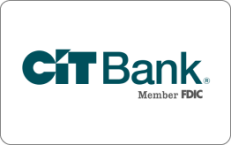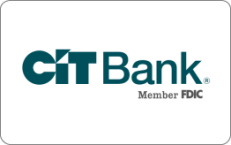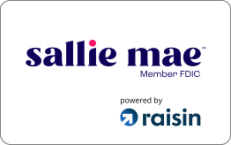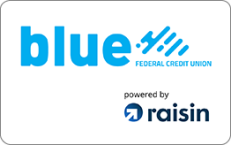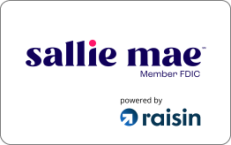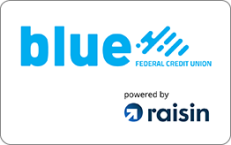Credit-Land.com is an independent, advertising-supported web site. Credit-Land.com receives compensation from most issuers whose offers appear on our site. Compensation from our advertising partners may impact how and where their products appear on our site, including, for example, the order in which they may appear within review lists. Credit-Land.com has not reviewed all available credit card offers in the marketplace.
February 2026: Best Certificates of Deposit from Our Partners
A certificate of deposit (CD) is a type of savings account that provides an easy way to save money while earning interest. There are various types of CDs, each with different interest rates and terms. You can open CDs at traditional banks, credit unions or online banks. The process isn't difficult and requires a few simple steps. Generally, the most competitive terms are offered online, so if you have long-term goals, consider one of the CDs below.
questionsABOUT
CERTIFICATES OF DEPOSIT
What is the primary purpose of a checking account?
To summarize the purpose in one word - convenience. A checking account makes your money immediately available without you having to carry or store significant sums of cash. It enables digital...
Read moreIs it necessary to open a debit card together with a checking account?
In short: no, it is not. Opening a debit card together with a checking account is not always obligatory, but it is a widespread and practical choice. Most checking accounts come with a debit card...
Read moreAre funds in a savings account accessible without restrictions, or are there limitations on withdrawals?
While the Federal Reserve no longer requires limits on savings account withdrawals, many banks and credit unions still impose their own restrictions. Understanding these rules helps you know when you can access your...
Read morecertificate of deposit: WHAT IS IT AND
HOW DOES IT WORK?
A certificate of deposit is a form of time deposit. When you open a CD, you agree to keep your funds in the bank for the term you choose and get a higher interest rate in return. The rates are predetermined, meaning they remain the same throughout the term. What makes them more attractive is that they offer the highest interest rate compared to regular savings accounts.
Typically, a minimum opening deposit of around $1,000 is required when you open a CD, but the amount can vary within banking institutions.
Certificates of deposit have a maturity date, meaning that you can't withdraw money without paying a penalty and usually can't add to them until the date on which the final payment is due. CD terms can be anywhere from a few months to five years after you open the account.
You can take money out of the CD at any time, but if you withdraw funds before the CD matures, you will have to pay an early withdrawal penalty. Generally, different banks give a grace period of four to six days to withdraw money with no penalty after you deposit money into your account.
When the CD matures, you'll have about a week to withdraw your funds. After that, most CDs automatically renew for the same or similar term, but the rate will unlikely be your original rate and will be based on the rate for new CDs for that term.

